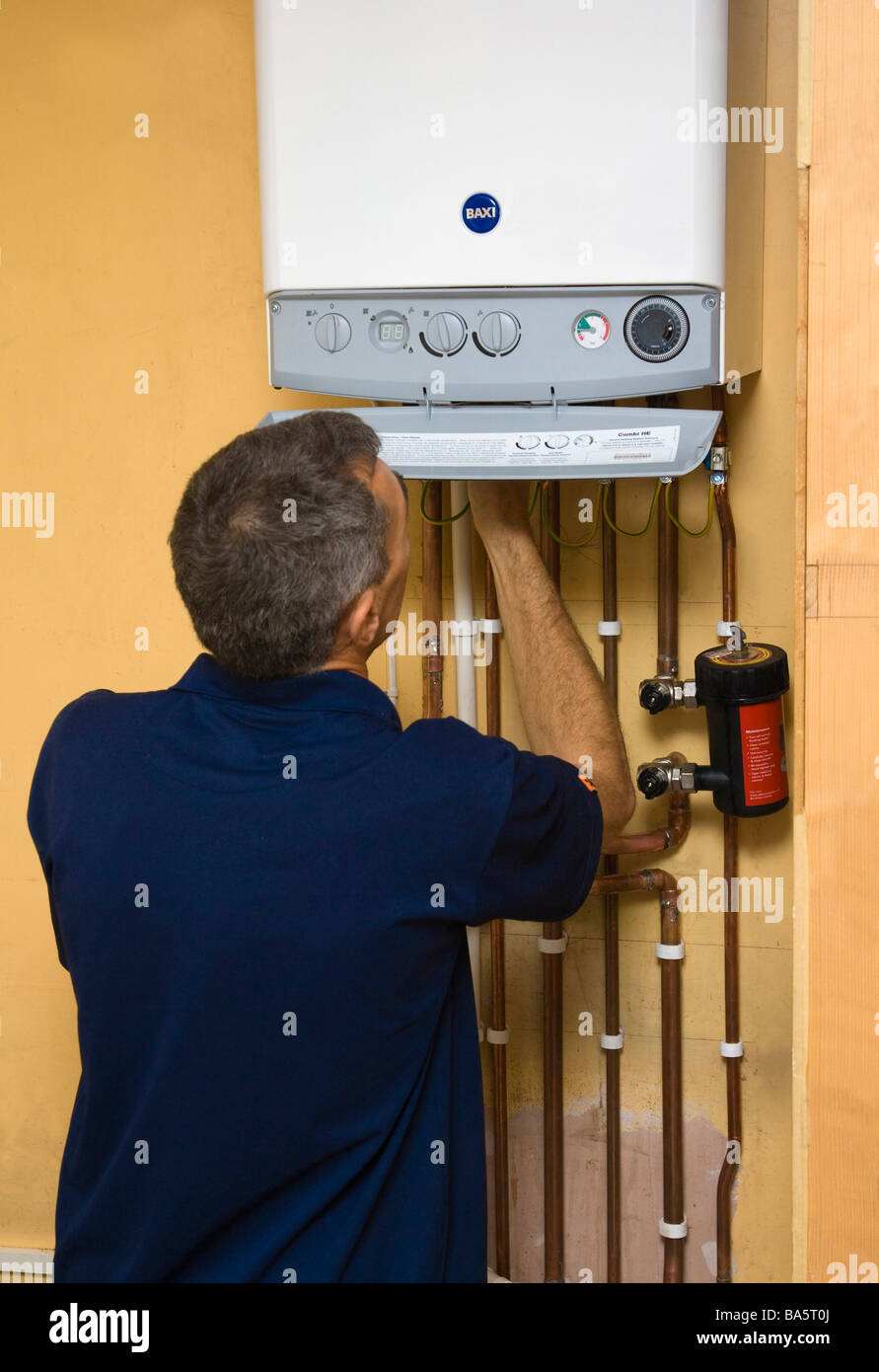To find gas leaks in your home, look out for hissing noises near gas home appliances. Look out for the scent of gas, that 'rotten egg' odor. Examine gas home appliance performance like fire color and uncommon odors. Look for soot or sweltered locations near appliances. Pay attention to physical symptoms like lightheadedness or fatigue. If you discover gas, leave the location and contact specialists promptly. Protect your liked ones by recognizing these indications. Remain secure and notified.
To ensure your safety and security and well-being, bearing in mind the possible threats of gas leaks is necessary. Gas leakage avoidance and education play a critical function in guaranteeing the security of your home and enjoyed ones. By comprehending the very early discovery techniques and safety preventative measures associated with gas leaks, you can protect against unsafe situations from occurring.
Education on gas leak prevention equips you with the knowledge to recognize possible dangers and take aggressive steps to alleviate them. Regular upkeep of gas devices, such as stoves and heaters, is very important in protecting against leakages. Understanding the signs of a gas leak, such as a hissing noise or dead plants near a gas line, can notify you to possible risks early.
When discovering a gas leak in your home, your sense of scent is a vital tool in recognizing the existence of gas. Here's just how you can acknowledge the scent of gas:
Familiarize Yourself: Get to know the scent of gas. It's typically called a 'rotten egg' or sulfur-like odor. This unique scent is in fact an additive that aids in identifying gas leakages promptly.
Act Quickly: If you identify the smell of gas, do not neglect it. Leave the location promptly and avoid using any type of electronic gadgets or devices that can create a spark.
Safety and security Measures: Keep in mind to never ever attempt to recognize gas leaks using an open fire or light a match. Rather, open windows to aerate the location and contact your gas provider or emergency solutions for assistance.
Inspect the fire color of your gas appliances; a blue flame indicates correct combustion, while a yellow or orange flame could signal a trouble.
Likewise, be alert regarding any unusual gas odors remaining around your devices, as this could show a potential leakage.
Keep an eye out for any kind of signs of soot or sweltered areas near your gas home appliances, as these might indicate incorrect combustion.

Reviewing the shade of the fire on your gas appliances can supply useful understandings into their efficiency. Below are three key points to bear in mind:
Steady Blue Flame: A regular blue fire shows efficient combustion, with minimal exhausts. Any kind of variance from this could show a trouble with the device.
Yellow or Orange Flame: A fire with a yellow or orange color might suggest incomplete burning, possibly as a result of an unclean heater or wrong air-fuel mixture.
Flickering Fires: Variances in the flame, such as flickering or sputtering, could be a sign of gas pressure problems or clogs in the heater.
Regularly keeping an eye on the shade and actions of the fires on your gas home appliances can assist you discover problems early and ensure risk-free procedure.
To properly monitor the efficiency of your gas home appliances, be attentive to any unusual gas odors that may indicate a prospective leakage. Gas smell detection plays a crucial role in gas leak avoidance and safeguards household security.
Usual gas leak sources consist of faulty connections, aging pipes, or badly preserved devices. If you find a rotten egg or sulfur-like smell, maybe a sign of a gas leakage.
Additionally, keep an eye out for hissing noises near gas lines, bubbles in water, or dead plants near gas pipelines, as these can also suggest a leak.
Quickly deal with any uncertainties of gas leakages to avoid potential threats and protect the wellness of your household.

Listening attentively, you might hear a pale hissing audio that could suggest a prospective gas leakage in your home. When looking for hissing audios as an indicator of gas leakages, follow these actions:
Remain Safe: Prior to exploring any type of hissing noises, make certain your safety by ventilating the area, turning off the gas supply when possible, and preventing any type of open flames or electric home appliances that can stir up a potential gas leak.
Listen Very closely: Take a minute to listen very carefully for any kind of unusual hissing noises near gas home appliances, pipelines, or connections. These audios may vary in intensity but can be a crucial sign of a gas leakage that requires prompt attention. https://maps.app.goo.gl/9P4MQwYpkkFwJEHZ7
Look For Expert Help: If you find a hissing sound or suspect a gas leak, do not attempt to repair it yourself. Call a qualified expert or your gas company instantly to assess and deal with the circumstance immediately.
If you start really feeling lightheaded, nauseous, or uncommonly exhausted while near gas devices, pipelines, or connections, maybe an indication of direct exposure to a gas leak. These considerable signs are very important for recognizing a possible gas leak in your home.
Gas leakages can have instant health and wellness impacts on people within the area. Signs and symptoms such as migraines, dizziness, nausea, fatigue, and problem breathing are common indicators to look out for. Direct exposure to gas leaks can likewise cause eye and throat irritability, upper body discomfort, and in extreme cases, also loss of awareness.
When you observe these physical signs, it is essential to take immediate activity to safeguard on your own and your family. Leaving the area where you presume the gas leak, opening windows for ventilation, and seeking medical attention if signs linger or worsen are crucial steps to guard your health. Remember, understanding these significant indicators and acting quickly can aid avoid the dangers connected with gas leakages.
When faced with a gas leakage emergency, you should act swiftly and calmly.
Follow the emergency situation response procedures and prioritize safety measures to protect on your own and others.
Taking prompt activity can help avoid harmful circumstances from intensifying.
In case of a gas leakage emergency situation, immediately leave the properties and call emergency services. When faced with a potential gas leakage, speedy actions are crucial to ensure security. Follow these emergency procedures:
Evacuate: Leave the location right away. Do not stick around or attempt to locate the source of the leak by yourself.
Call for Help: Dial emergency situation solutions or the gas business from a secure distance away. Do not use any type of electronic gadgets near the suspected leakage.
Caution Others: Alert those close-by about the potential risk to avoid anyone from going into the damaged location.
To ensure your safety during a gas leak emergency, promptly follow these crucial precaution. Gas leak prevention and security precautions are vital for securing your home.
In case of a possible gas leakage, focus on the safety and security of your family members by quickly leaving the properties. Stay clear of utilizing any kind of digital gadgets or devices that can possibly stir up the gas. Avoid flipping light switches or making use of suits and less heavies.
Get in touch with emergency solutions and your gas provider to report the leakage from a safe location. Make sure everyone in the house recognizes the evacuation plan and designated meeting spot exterior. Consistently examine your home gas leakage discovery gadgets and educate your household on the precautions to absorb situation of a gas leak.
Also if you don't scent gas, concealed threats hide in your home. Quiet hazards can still happen without a noticeable smell.
It's important to stay vigilant and mindful of prospective gas leakages, as they might not always be easily observable by your senses.
Normal maintenance and assessments can assist assure the safety and security of your house, even when you don't perceive the presence of gas through scent alone.
You ought to have your gas home appliances checked yearly for safety checks. Professional evaluations are advised to assure everything is functioning appropriately and to catch any kind of prospective issues beforehand.
Nonetheless, you can also do some DIY suggestions in between these annual maintenance visits to keep an eye on your appliances. Bear in mind, routine upkeep is crucial to stop gas leakages and ensuring your home's security.
Gas leaks can take place in any type of home, however certain sorts of building might be much more prone. Older homes with outdated gas lines or inadequate ventilation systems can raise the danger. In addition, geographic elements like seismic task in earthquake-prone regions can additionally contribute to gas leakages.
It's essential to know these potential concerns and take essential preventative measures to avoid gas leakages in your house.
Pet dogs, with their keen sensory capacities, can find gas leakages before humans. Animal behavior might transform when they sense something awry, like a gas leak. Being in harmony with their responses can aid you spot prospective threats early.
It is very important to take notice of any unusual behaviors in your pets, as they might be attempting to notify you to potential threats in your home.
In instance of a gas leakage emergency situation, your security is leading concern. Quick emergency response is crucial. Remember to evacuate promptly and call for assistance.
Stay clear of turning on any type of lights or using electrical devices. Steer clear of from the location up until assistance gets here. Follow precaution and keep yourself and others out of damage's method.
Being prepared and acting quickly can make all the difference in such a scenario.
Now that you know exactly how to spot gas leakages in your home, you can maintain yourself and your family risk-free from potential dangers.
Bear in mind to constantly know the smell of gas, monitor the performance of your gas appliances, and listen for any kind of hissing audios.
If you suspect a gas leak, take prompt activity and adhere to the essential steps to ensure your safety.
Remain attentive and proactive in protecting your home and enjoyed ones.